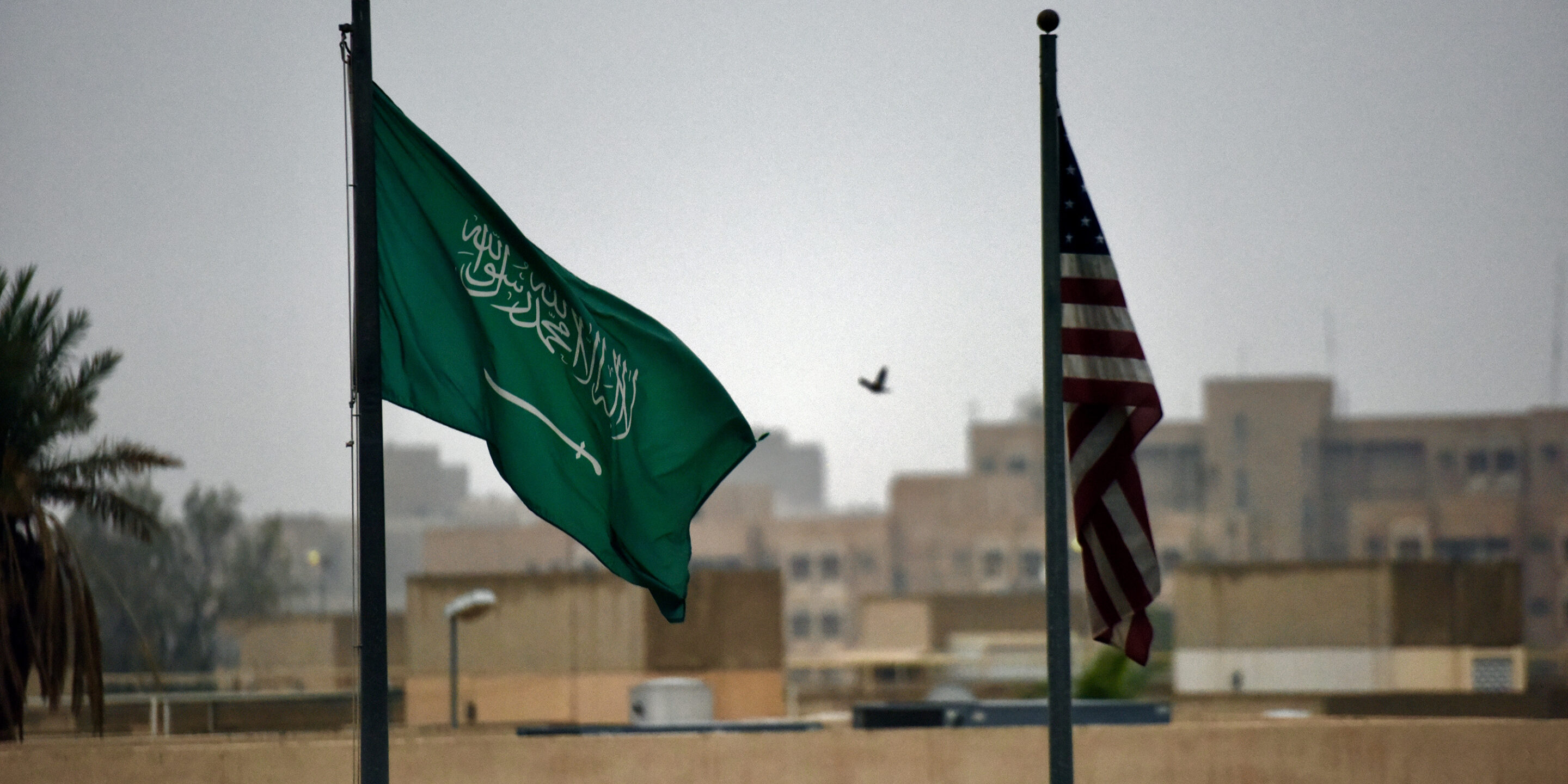
Recalibrating Middle East policy
Most Americans reacted with horror and outrage as we learned about the barbaric murder of Saudi citizen, U.S. resident, and contributor to The Washington Post Jamal Khashoggi. According to recent reports, the CIA assesses Mohammad bin Salman (MbS) ordered the murder. In the wake of this latest incident and other recent aggressive actions—kidnapping Lebanon's prime minister, blockading Qatar, intervening in Yemen's civil war, among others—it's increasingly apparent that U.S.-Saudi relations need reappraisal.
However, as the Trump administration has argued, a strategic relationship must place higher value on safeguarding U.S. interests—in other words, our alliance with Saudi Arabia is a "necessary evil." But is that true? Is an alliance with Saudi Arabia a necessary evil?
Some overdue questions should be answered about U.S.-Middle East policy and our relationship with Saudi Arabia. What are U.S. interests in the Middle East today, and how have they changed since the Cold War? What does Saudi Arabia do for the United States? Should we recalibrate U.S.-Saudi Arabia relations, treating it like a normal autocratic country? How should the United States pursue its legitimate security and prosperity interests in the region?



